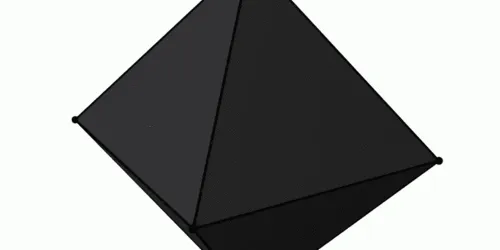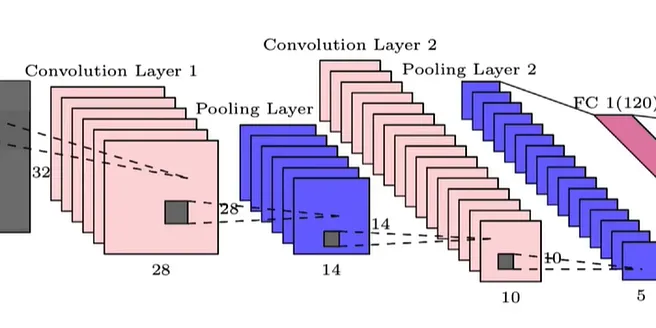pooling CNN
Pooling layers are essential components of Convolutional Neural Networks (CNNs), primarily used in image processing and recognition tasks. They serve to downsample the feature maps generated by convolutional layers, effectively reducing their spatial dimensions while retaining the most significant features. This downsampling introduces translational invariance, allowing the CNN to recognize patterns even when the input image is slightly shifted. The two most common types of pooling are max pooling, which selects the maximum value from a region, and average pooling, which computes the average. By minimizing the number of parameters and computations, pooling layers enhance model efficiency and generalization.

Introduction To Pooling Layers In CNN
A Convolutional neural network(CNN) is a special type of Artificial Neural Network that is usually used for image recognition and processing due to its ability to recognize patterns in images. It elim...
📚 Read more at Towards AI🔎 Find similar documents

Forward and Backward propagation of Max Pooling Layer in Convolutional Neural Networks
Theory and Code Introduction In the last article we saw how to do forward and backward propagation for convolution operations in CNNs. It was found that applying the pooling layer after the convoluti...
📚 Read more at Towards Data Science🔎 Find similar documents

Pooling Layers For Convolutional Neural Networks (CNN)
Background In my previous article, we introduced the key building block behind convolutional neural networks (CNNs), the convolutional layer. Convolutional layers allow the neural network to learn the...
📚 Read more at Towards Data Science🔎 Find similar documents

A Gentle Introduction to Pooling Layers for Convolutional Neural Networks
Last Updated on July 5, 2019 Convolutional layers in a convolutional neural network summarize the presence of features in an input image. A problem with the output feature maps is that they are sensit...
📚 Read more at Machine Learning Mastery🔎 Find similar documents

Principal Component Analysis Pooling in Tensorflow with Interactive Code [PCAP]
The idea is simple, Max/Average pooling operation in convolution neural networks are used to reduce the dimensionality of the input. And while more sophisticated pooling operation was introduced like…...
📚 Read more at Towards Data Science🔎 Find similar documents

Maximum Pooling
<!--TITLE: Maximum Pooling-- Introduction In Lesson 2 we began our discussion of how the base in a convnet performs feature extraction. We learned about how the first two operations in this process oc...
📚 Read more at Kaggle Learn Courses🔎 Find similar documents

Maximum Pooling
<!--TITLE: Maximum Pooling-- Introduction In Lesson 2 we began our discussion of how the base in a convnet performs feature extraction. We learned about how the first two operations in this process oc...
📚 Read more at Kaggle Learn Courses🔎 Find similar documents

Maximum Pooling
<!--TITLE: Maximum Pooling-- Introduction In Lesson 2 we began our discussion of how the base in a convnet performs feature extraction. We learned about how the first two operations in this process oc...
📚 Read more at Kaggle Learn Courses🔎 Find similar documents

Hikari Connection Pooling —
Connection pooling is a technique for efficiently using and managing the connections of any application. First let’s see the importance of connection pooling —a) Resource efficiency — Opening and clos...
📚 Read more at Javarevisited🔎 Find similar documents

CNN (Convolution Neural Network)
Why CNN ?. “CNN (Convolution Neural Network)” is published by Tanuj Shrivastava in Analytics Vidhya.
📚 Read more at Analytics Vidhya🔎 Find similar documents

CNN vs fully-connected network for image processing
Tuning the filter size and filter weights can make CNN perform as good as fully-connected network in the worst case - mathematically rigorous proof for normalized images provided with MNIST example
📚 Read more at Towards Data Science🔎 Find similar documents

